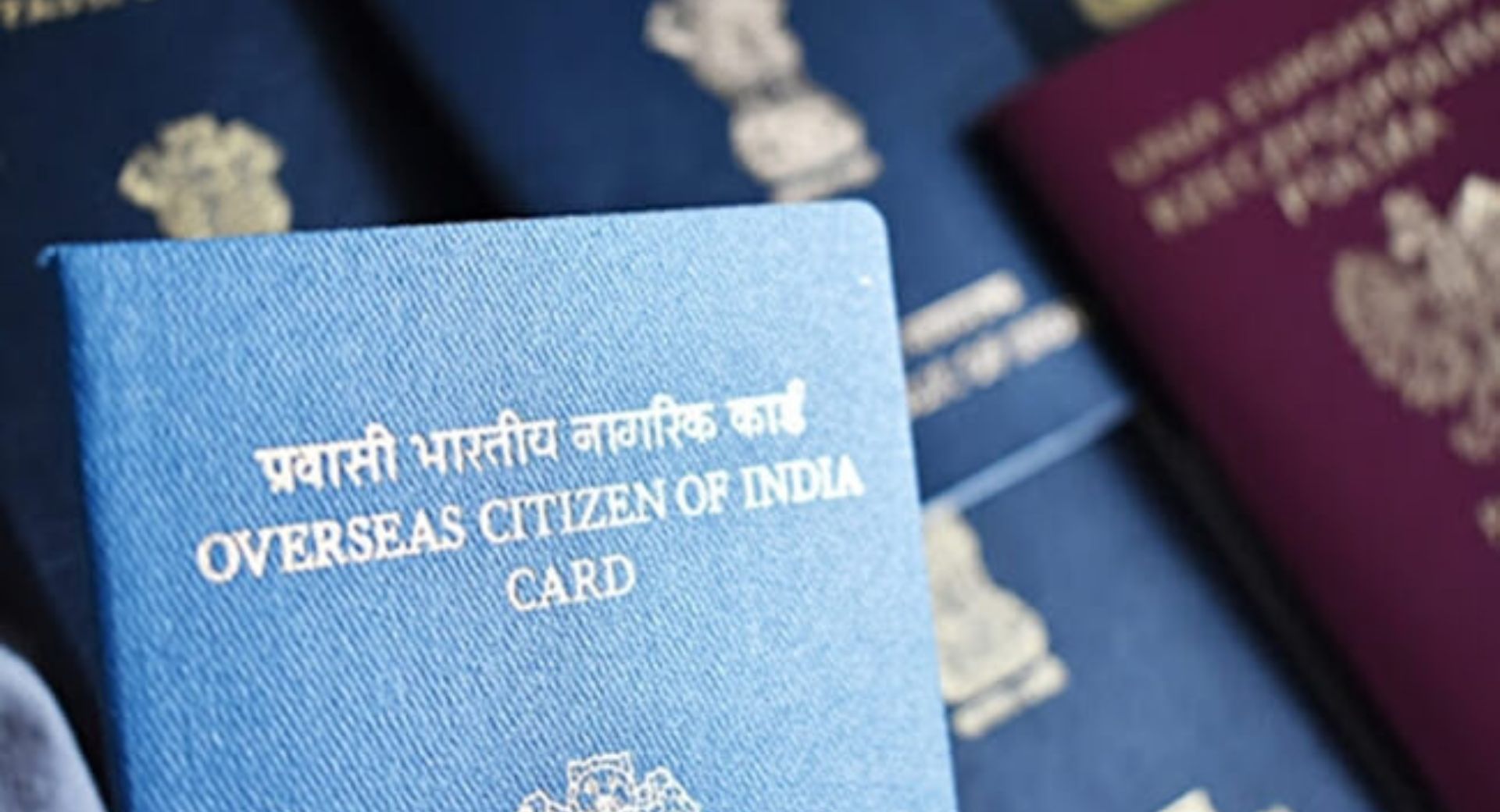What is it for, who can get and why do you need it…
The Overseas Citizenship of India, also known as the OCI card, is a form of permanent residency granted to people of Indian origin and their spouses, allowing them to live and work in India indefinitely. According to the Indian Ministry of Affairs, this is "in response to persistent demands for ‘dual citizenship’, particularly from the diaspora in North America and other countries and keeping in view the government's deep commitment towards fulfilling the aspirations and expectations of Overseas Indians."
Who can get an OCI card?
The OCI card was launched in 2005 with the amendment of the Citizenship Act. 1955. As India does not allow dual citizenship, the OCI scheme was introduced to provide overseas citizens with many of the rights available to Indian citizens. The OCI status is not available to anyone who has ever been a Pakistani or Bangladeshi citizen or a child, grandchild or great-grandchild of such a person.
What is the purpose of the OCI card?
The holder of the OCI card is allowed multi-purpose, multiple entries and a lifelong visa for visiting India and is exempted from foreigner registration obligation for any length of stay in the country. They are also at par with NRIs or Non-Resident Indians for most economic, financial, and educational fields, except in the acquisition of agricultural or plantation properties.
What restrictions are imposed on OCI card holders?
It is important to note that OCI holders are not considered citizens of India and, therefore, do not have the right to vote. Similarly, the OCI document looks like a passport but is not a passport.
The OCI holder cannot hold employment in the government is also restricted from becoming a member of a Legislative Assembly or of a Legislative Council or of the Parliament of India. The card holder is also restricted from holding Indian constitutional posts such as that of the President, Vice President, Judge of the Supreme Court or High Court .
Foreign nationals cannot apply for OCI in India while on tourist, missionary, and mountaineering visas. In addition, the government requires that for a foreigner to be eligible to apply for OCI in India, that person has to be “ordinarily resident" of India. This means that the foreigner has been staying in a particular country or in India for a continuous period of six months.
What are the implications of the OCI card for individuals with dual citizenship?
If a person is already holding more than one nationality, the person is still eligible to apply for OCI for as long as the local laws of at least one of the countries allow dual citizenship in some form or the other. Furthermore, people do not lose their foreign citizenship when granted an OCI status.
What are the benefits of getting one?
The biggest benefit of the OCI card is ease of travel to and out of India. The OCI card grants you a lifelong visa for multi-purpose, multiple entries. You have working rights and living rights as a resident. In addition, you can enter and exit India as many times as you want, people are also exempted from reporting to police authorities for any length of stay in India.
Stay up to date with all the relevant news by following our website at propertylegacy.com.




